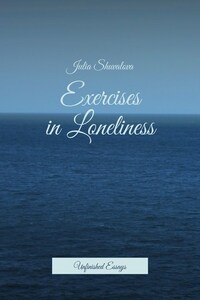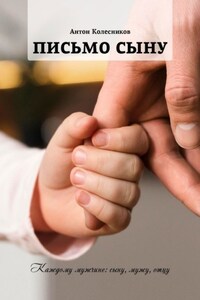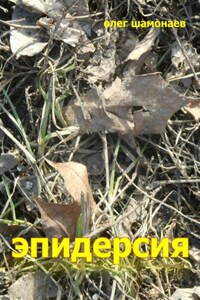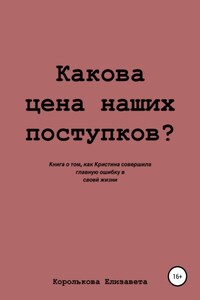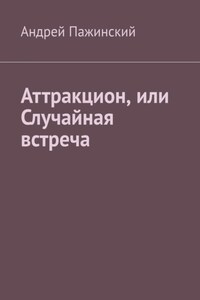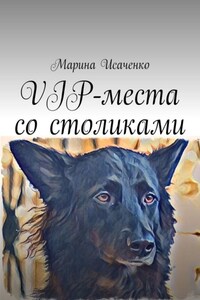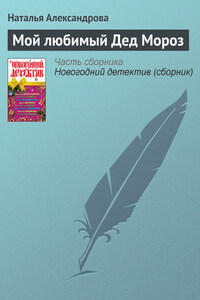This is my first book. Like some of the first books, it’s taken a while to write. The genre of “unfinished essays” meant for quite a long time that I was writing occasional posts on my blog without a specific goal to turn them into a collection. Then it became obvious that it was possible to assemble them into a collection… and just about that time I gradually began to lose interest in the topic.
Regardless of circumstances, the essays are now ready to face the world. The book consists entirely of my essays and poems. In writing and then assembling the essays I went from irregular sketches on the topic of loneliness and solitude to a more concerted effort to share my views in the hope that someone may find them useful and benefit from my opinion or experience. Of course, this method can also be regarded as a means to combat loneliness. However, I genuinely believe there is something to benefit from in these texts. I’ve got a long way to go to reach the age and experience of Casanova, but on occasion of these essays I share the same attitude to letting others see into my inner world: my life is my subject, and my subject is my life.
Throughout the book you will find references to people whose work and thought has influenced, supported and developed me, so I won’t mention them here. And I don’t mention by name anyone who participated in creating the experiences that prompted me to write the essays. Some of them are physically gone, others I don’t want to name for a reason. Strictly speaking, although I couldn’t help drawing on some of my personal experiences, I never considered them as mine only. They were mine as far as my own circumstances were concerned, but they could be yours, too. The way I look at it, I describe some typical situations that one of my readers may have experienced.
I want to dedicate this book to my family. I published enough work for my grandma to see her prediction coming true, for I have become a writer. But I never managed to complete a book for her to know about it, at least. My mother will undoubtedly be proud. I owe her a bigger part of the home library and an undying support of my efforts and projects. Last but not least, I shall follow in the footsteps of those eccentric academics who thank their pets. I am very thankful to my pets for blissfully sleeping, while I was finishing the collection, and proving me right: loneliness subsides when you help and share your time and effort with those who need it. This is why, after some thinking, I added a short story, Felina Petrarcae, at the end of the book. It wasn’t composed as a complement to Exercises in Loneliness, but as it touches upon a similar subject, I thought it was a fitting addition.
Julia Shuvalova, Moscow, February 2015
I am writing a series of essays, Exercises in Loneliness. The title came from out of the blue, but I like its ambiguity, or better put – the variety of interpretations that the title has in other languages. I think, in one way or another, I will be writing this series forever, yet now I must stop somewhere to make further reflection possible. So I stop here… to continue again one day.
The series has started on my blog, Los Cuadernos de Julia, with a small note about a film director whom I interviewed in 2005. He asked me what I was doing apart from journalism. “I write”, I told him. “I can’t be a writer”, he said, “it’s a very lonely experience”.
I remembered this well. Then there was a quote from Huysmans, that literature “is a way to save those who write it from the tedium of living”. There were a few phrases from L’Histoire de Ma Vie by Casanova, in which he admitted that he took to writing his memoirs in order to once again experience his incredible adventures. There was hardly another reason for an old librarian to do so, except loneliness exacerbated by stomach problems.
Then there was a post about Pascal Quignard that started, as a matter of fact, with my musings on the desire to read something inspiring and the obligation to write something as daunting as the history of Sikh martyrs!
Then there was a text composed over a two-hour dictation at Cornerhouse art centre in Manchester, soon to become extinct, probably. I contemplated the inevitability of loneliness as equivalent to being unique.
There were notes written on the train, a rather suitable draft from the year 2004, a text about female loneliness inspired by the works of V. Woolf, A. Schopenhauer and F. Nietzsche. Then an essay about a poem Café and Music. And little by little all other essays followed.
They are all united, first and foremost, by the fact that I wrote them alone, both literally and metaphorically, with no recourse to another’s opinion. This was rarely solitude or loneliness in a strict sense of the word: I was invariably surrounded by people who could distract me. They could be neighbours or the folk at the next table in a café. But there was no collaboration, and I never discussed these ideas with anyone, so you may say that loneliness has become a method. All essays were written differently: some on computer, the fourth essay was written entirely by hand, others have got some hand-written drafts, and all poems have got autographs. The fourth essay was written in two hours and marks not merely the flow of thinking but
